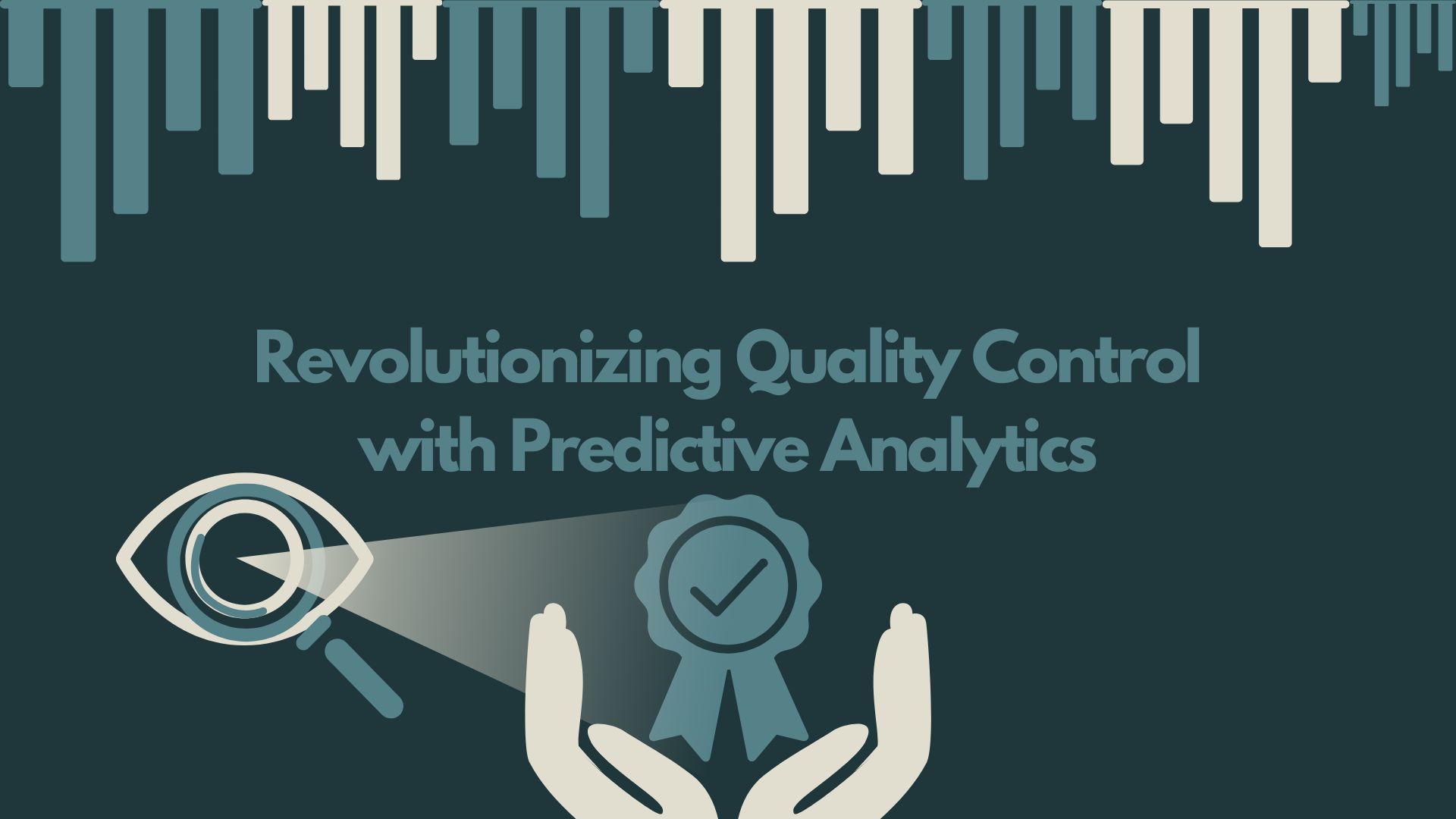Introduction
Predictive analytics is transforming quality control in manufacturing by providing advanced insights and foresight into production processes. This blog explores how predictive analytics enhances quality control, reduces defects, and drives operational excellence.
Understanding Predictive Analytics in Manufacturing
Predictive analytics involves the use of statistical algorithms, machine learning techniques, and data mining to analyze historical data and predict future outcomes. In manufacturing, it enables companies to foresee potential quality issues and address them proactively.
Key Applications of Predictive Analytics in Quality Control
- Defect Prediction
- Analyzing historical production data to predict and prevent defects before they occur, ensuring high-quality output.
- Process Optimization
- Identifying patterns and trends in manufacturing processes to optimize operations and improve product quality.
- Equipment Maintenance
- Predicting equipment failures and scheduling maintenance proactively to avoid downtime and ensure consistent quality.
- Supply Chain Management
- Enhancing supply chain efficiency by predicting and mitigating risks related to raw materials and component quality.
- Customer Feedback Analysis
- Analyzing customer feedback and warranty data to identify quality issues and improve product designs and manufacturing processes.
Benefits of Predictive Analytics in Quality Control
- Improved Product Quality
- Predictive insights enable manufacturers to address quality issues proactively, ensuring consistent product quality.
- Reduced Defects
- Early detection and prevention of defects reduce the incidence of faulty products and rework.
- Enhanced Operational Efficiency
- Optimizing manufacturing processes leads to increased efficiency and reduced waste.
- Cost Savings
- Preventing defects and reducing rework result in significant cost savings and higher profitability.
- Customer Satisfaction
- Consistently delivering high-quality products enhances customer satisfaction and loyalty.
Case Study: Predictive Analytics at [Company Name]
[Company Name], a leading electronics manufacturer, implemented predictive analytics to enhance their quality control processes:
- 40% Reduction in Defects: Predictive analytics identified potential defects early, reducing faulty products.
- 20% Improvement in Efficiency: Optimized processes and proactive maintenance improved operational efficiency.
- Increased Customer Satisfaction: Consistently high-quality products led to higher customer satisfaction and loyalty.
Conclusion
Predictive analytics is revolutionizing quality control in manufacturing by providing advanced insights and enabling proactive measures. By adopting predictive analytics, manufacturers can enhance product quality, reduce defects, and drive operational excellence. The future of quality control lies in leveraging predictive technologies to achieve superior performance and customer satisfaction.









